Yangon, 5 Jumadil Akhir 1436/25 March 2015 (MINA) – An international rights group has released a report saying that “thugs” from outside Myanmar’s second city were responsible for an outbreak of violence/">inter-communal violence in Mandalay last year.
The Irrawaddy news website cited Justice Trust on Tuesday as saying it had found evidence that the conflict was orchestrated by elements from outside of Mandalay and under the tacit support of authorities, Anadolu Agency quoted by Mi’raj Islamic News Agency (MINA) as reporting.
Last July, a false rumor about a Muslim man raping a Buddhist woman led to religious violence across the central city that left a Buddhist and a Muslim man dead and more than 20 people injured. During the Buddhist victim’s funeral, some mourners destroyed the Muslim part of a cemetery on the city’s outskirts.
The report was released Monday after a six-month investigation during which Justice Trust – which supports local lawyers and activists – collaborated with the multi-faith Mandalay Peace Committee and interviewed eye witnesses, community leaders and the family members of victims.
Also Read: Former Bangladesh PM Sheikh Hasina Sentenced to Death
Several of those interviewed recounted having seen a group of around two dozen men on motorbikes enter Mandalay and roam around while engaging in rowdy behavior, according to the newspaper.
“Almost everyone interviewed described the roving mob responsible for the death and destruction in Mandalay as comprised of men from outside Mandalay,” the report said.
“Many witnesses reported that they actively tried to recruit monks and community members from Mandalay employing a variety of appeals and misinformation tactics.”
U Dama, a senior abbot at a Manadalay monastery, said he had asked the suspected gang to leave after they attempted to agitate and recruit his monks.
Also Read: Pakistan Declares State of War After Car Bomb Incident
“A crowd of about 30 men came to our monastery around 12:30 am on the first night of the riots,” he told investigators. “I went down with 10-15 senior monks to meet with the mob. I noticed the men were quite drunk and out of control. I told them that they needed to leave as they were disrupting our peace.”
Mindin, Mandalay Khit Journal editor-in-chief, said he had seen around 25 people riding motorbikes while yelling and singing the national anthem, and throwing stones.
“By then there were 200 or so riot police within view down the street, they could not have been more than 10 meters away, doing nothing as these rioters went on a rampage,” he added.
The group said that former regime “hardliners” were employing the tactic of stirring inter-communal conflict in order to divert from democratic processes.
Also Read: Jakarta Hosts Gala Dinner for World Peace Forum Delegates
The Irrawaddy cited a press release by Thein Than Oo, a lawyer on Justice Trust’s steering committee, as saying, “This report shows what most Burmese have known for a long time — that religious hatred between Buddhists and Muslims is being stoked by hidden hands and manipulated as a pretext for maintaining their grip on power.”
The report did not provide details on which elements with links to the former regime might have benefited from the conflict.
Thein Than Oo said authorities had detained those who “acted on false, wrong information” after the violence, despite not arresting “the real perpetrators, those who incited the violence.”
Four men were sentenced to 10 years in prison in October for being accomplices to the murder of the Muslim victim, and in December, 11 Muslim men were handed 10- to 13-year sentences for aiding and abetting the killing of the Buddhist man. In both cases, those convicted and their lawyers denied responsibility.
Also Read: Indonesian Minister Urges Synergy Between Wasathiyah Islam and Chinese Wisdom
Murder charges have not been pressed over the two deaths, which Justice Trust says were the result of separate crimes by a group of several dozen men July 2.
Since mid-2012, at least 250 people have been killed and tens of thousands left homeless in flare-ups usually triggered by rumors of wrongdoing by Muslims.
Such anti-Muslim violence has raised grave doubts about the former military-ruled country’s reform process.
Deep-seated religious tensions that were largely suppressed under the military junta began to boil over after a reformist government relaxed a series of repressive policies. (T/P001/P3)
Also Read: New Delhi Covered in Toxic Smog: Residents Say ‘We Can Hardly Breathe’
Mi’raj Islamic News Agency (MINA)





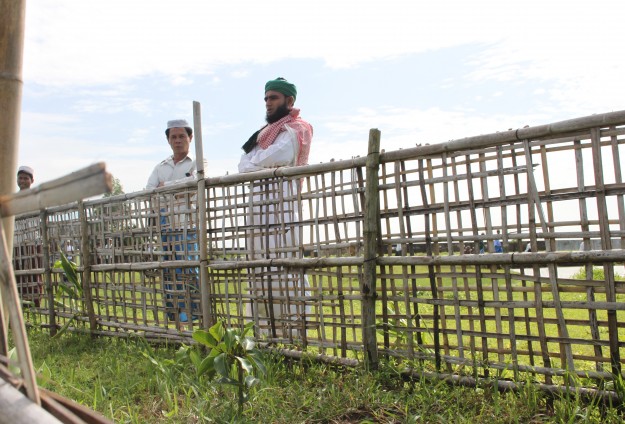


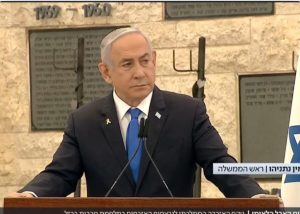


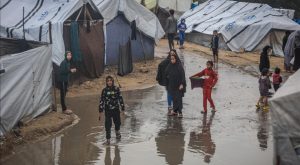
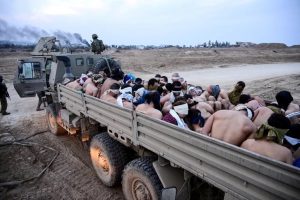
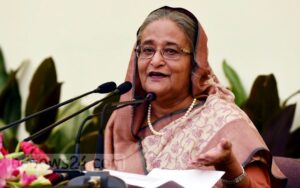



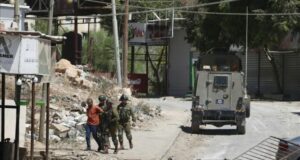

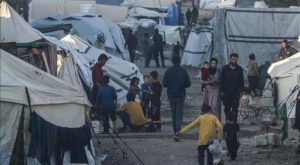
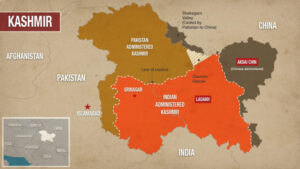
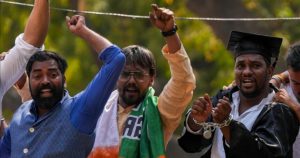










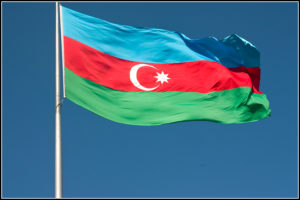
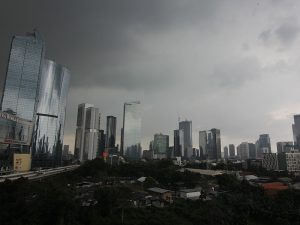



 Mina Indonesia
Mina Indonesia Mina Arabic
Mina Arabic